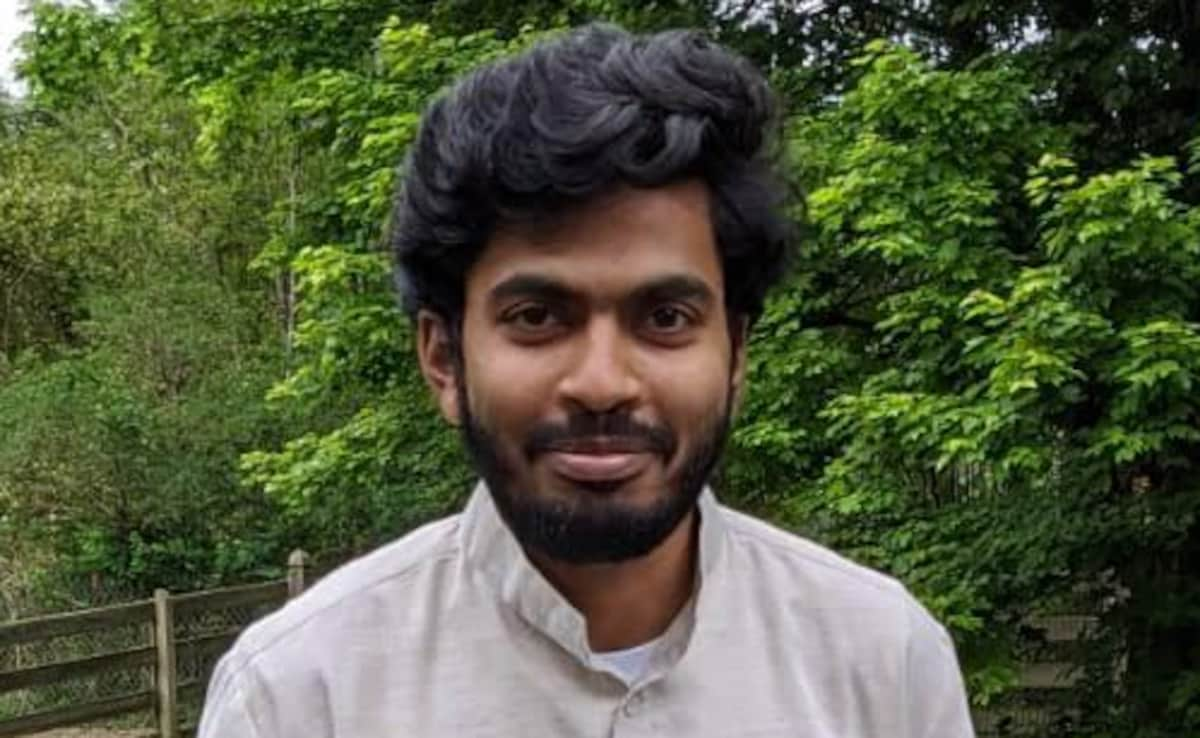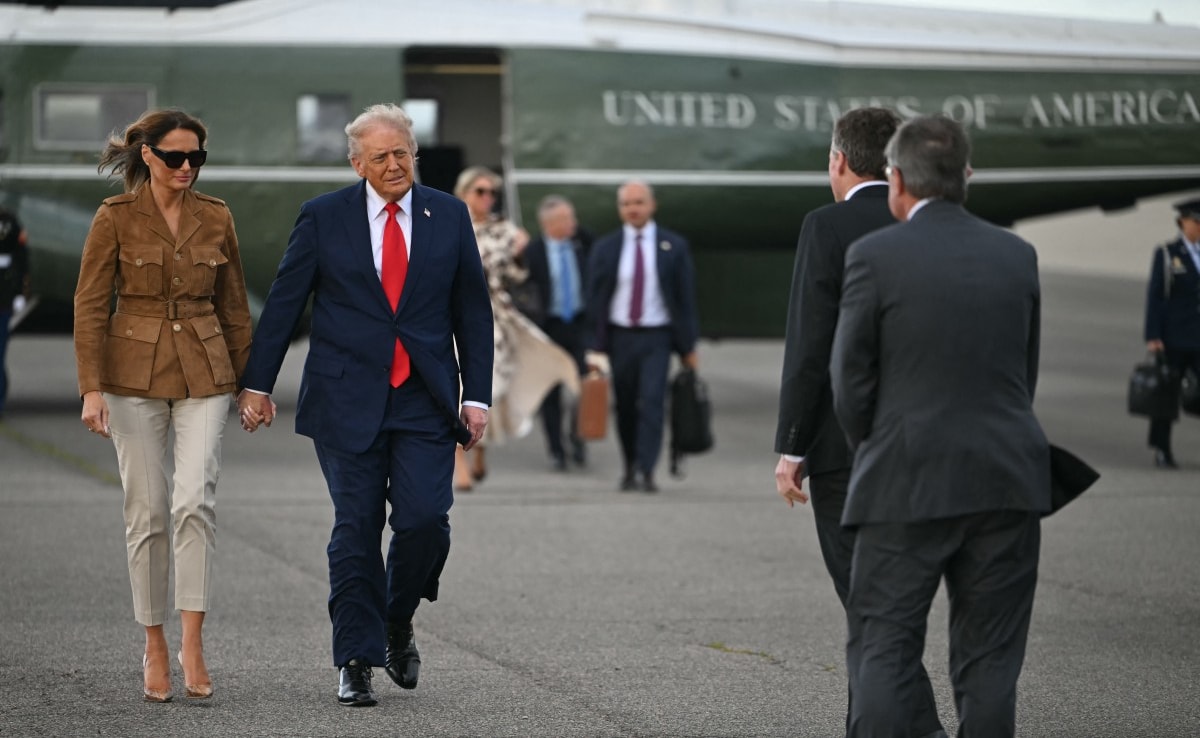Oleh Synehubov, head of the Kharkiv Regional State Administration, said Monday that âdozens are dyingâ and that at least 11 people were confirmed dead.
He called the attacks, in three areas of the predominantly Russian-speaking city that had been considered more friendly to Russia, âa war crime.â
âThe Russian enemy is shelling entire residential areas of Kharkiv, where there is no critical infrastructure, where there are no positions of the Armed Forces of Ukraine that the Russians could aim at,â he said in a message on Telegram.
As the shelling began, many Kharkiv residents were lining up at grocery stores and other shops to replenish supplies after being shut in for several days.
Mark Hiznay, associate director of the arms division at Human Rights Watch, told The Washington Post that Russian forces had used smerch cluster munition rockets, which disperse submunitions or bomblets, in the attack, according to footage he reviewed.
âThis attack clearly illustrates the inherently indiscriminate nature of cluster munitions and should be unequivocally condemned,â he said.
Human Rights Watch, Amnesty International and open-source group Bellingcat have identified the use of cluster munitions in other Russian attacks in Ukraine over the past couple of days in what analysts say is a worrying sign that Russia may be turning to even more deadly military tactics.
'âAs Putinâs âspecial operationâ plan to quickly demoralize the Ukrainian army and occupy large cities unopposed appears to have failed, we may see a return to area bombings, which caused so much harm to Chechen and Syrian civilians,â Moscow-based Conflict Intelligence Team, an open-source intelligence group that monitors Russiaâs military, said in a tweet Monday.
Ukrainian officials gave conflicting reports about the number of fatalities.
Kharkiv Mayor Ihor Terekhov said earlier Monday that the exact number of casualties remains unknown but that at least 15 Ukrainian fighters and 16 civilians have been wounded.
Ukrainian Interior Ministry adviser Anton Gerashchenko wrote in a Facebook post Monday that âKharkiv has just been massively fired upon by gradsâ with âdozens of dead and hundreds of wounded,â Reuters reported.
He referred to Russian BM-21 âGradâ 122 mm rockets fired from truck-mounted multiple-rocket launchers. A correspondent for Radio Free Europe/Radio Liberty photographed damage to Russian military equipment, including Grad missile launchers, near Kharkiv on Feb. 25.
Authorities issued a curfew for the city beginning Monday afternoon.
Kharkiv, a city of 1.5 million people about 25 miles from the border with Russia, has emerged as a major linchpin in Russian efforts to push beyond the east and on to Ukraineâs capital, Kyiv.
The Post verified videos posted Monday of explosions in a northeastern Kharkiv neighborhood. The attacks came as Russian and Ukrainian delegations held talks by Ukraineâs border with Belarus, a key Russian ally.
In two clips that were verified, flashes of light appear in rapid succession as columns of smoke rise from the ground. A woman observing the barrage is heard crying in the background of one of the videos.
Russian bombardments of Kharkiv started to accelerate Saturday evening. After days of fighting largely around Kharkiv, Russian forces briefly took the city Sunday, but they were repelled hours later by Ukrainian fighters.
âUkrainian forces have put up a pretty strong fight ⦠but the worst is yet to come,â Michael Kofman, director of Russia studies at CNA, a Virginia-based nonprofit research and analysis organization, told The Post on Sunday. âRussian forces havenât [yet] tried to take Kharkiv, not seriously.â
He warned that after facing unexpectedly strong Ukrainian resistance, Russia was likely to increase its aerial campaign against Kharkiv, a densely packed city.
âIn Ukraine right now, there is no safe place,â Boris Redin, an activist in Kharkiv, told The Post on Monday. âAnd Putin has to be stopped because thereâll be no safe place on the planet. But weâre standing and weâll win.â
Berger, Cahlan and Lee reported from Washington. Khurshudyan reported from Dnipro, Ukraine.
.png)










 English (United States) ·
English (United States) ·  Turkish (Turkey) ·
Turkish (Turkey) ·